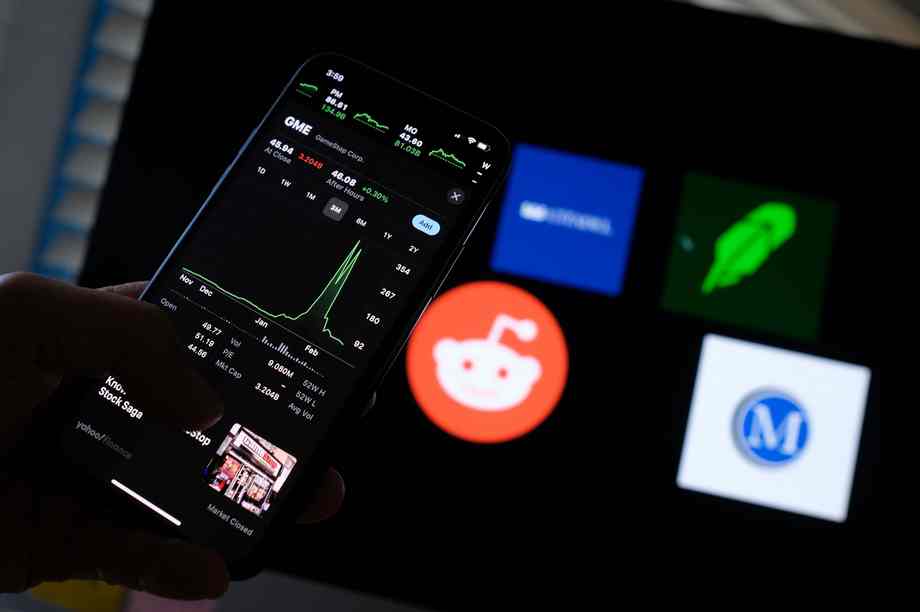
What Is ‘Fee for Order Movement’? Robinhood CEO Talks ‘PFOF’ in GameStop Listening to
In the course of the Home Monetary Companies Committee’s Thursday listening to on the current GameStop inventory frenzy, there was speak of a apply generally known as “fee for order move” (PFOF). To anybody not fluent within the language of finance or the inventory market, that may scan as considerably impenetrable jargon, however this is what you want to know: That is how brokers like Robinhood earn cash.
Robinhood CEO Vlad Tenev introduced up PFOF in Thursday’s listening to, following a query from Oklahoma Congressman Frank D. Lucas about how Robinhood and different brokers generate income. Tenev additionally talked about PFOF in his ready remarks for the listening to, which had been launched on-line upfront of his look earlier than the Home Monetary Companies Committee.
“As disclosed to clients and the general public, Robinhood Securities receives what is named ‘fee for order move’ to route trades to market makers that typically provide higher costs than these accessible on exchanges,” Tenev’s ready assertion reads. “Most retail brokerage companies obtain fee for order move, and topic to sure disclosure necessities, the SEC has permitted fee for order move for many years.”
Regardless of Tenev’s transient rationalization, PFOF may nonetheless be complicated to the common novice dealer who might have solely downloaded Robinhood up to now few weeks, within the hopes of getting wealthy off skyrocketing GameStop shares.
A 2000 Securities and Trade Fee (SEC) research outlined PFOF as “a way of transferring among the buying and selling income from market making to the brokers that route buyer orders to specialists for execution.” Put merely, it is a small fee that brokers obtain from market makers (like Citadel) for guiding an order to a sure occasion, in keeping with Investopedia.
After a dealer locations an order with a dealer, the brokerage agency sends the commerce to a market maker to execute and finalize the commerce, and the dealer receives a PFOF, nearly as a perk, from the market maker. The fee for order move might be negotiated between the dealer and market maker.
Citadel CEO Kenneth C. Griffin described PFOF in the same method in his personal ready remarks forward of the listening to, calling it “a longstanding, clear and controlled apply.” He additionally famous that PFOF is a “key motive” that retail traders can commerce with little to no fee charges.
Critics of PFOF say that it invitations conflicts of curiosity. The 2000 SEC research states: “Nonetheless, fee for order move and internalization create conflicts of curiosity for brokers due to the stress between the companies’ pursuits in maximizing fee for order move or buying and selling income generated from internalizing their clients’ orders, and their fiduciary obligation to route their clients’ orders to the most effective markets.”
Investopedia explains that the SEC requires companies to reveal PFOF insurance policies and relationships they might have with market makers; companies should additionally notify shoppers of any funds that come from order move, each yearly and when a shopper first creates an account with a agency.
As famous by CNBC, there’s debate amongst consultants as as to whether PFOF is hurtful to retail traders. The place precisely the Home Monetary Companies Committee falls on that difficulty stays to be seen.

